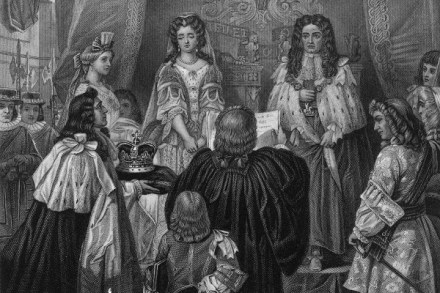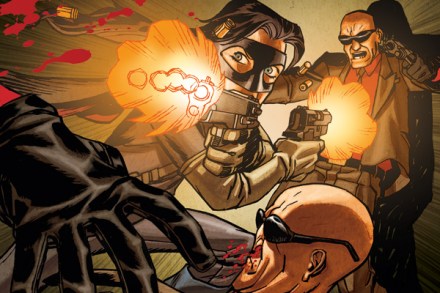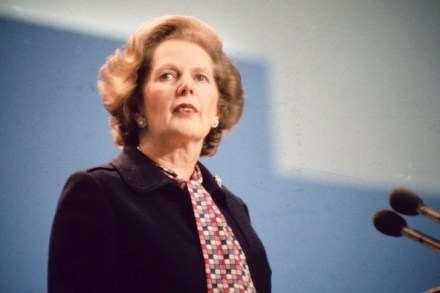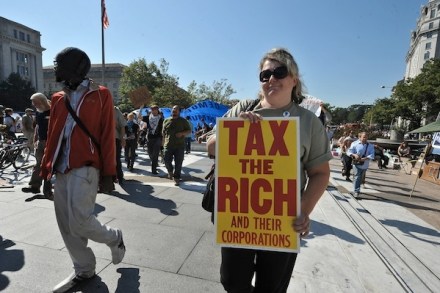The Glorious Revolution and small ‘c’ conservatism
From a dialogue between a non-juring clergyman and his wife by Edward ‘Ned’ Ward Wife: Why will you prove so obstinate, my dear, And rather choose to starve, than yield to swear? Why give up all the comforts of your life, Expose to want your children and your wife; Hug your own ruin through a holy
























